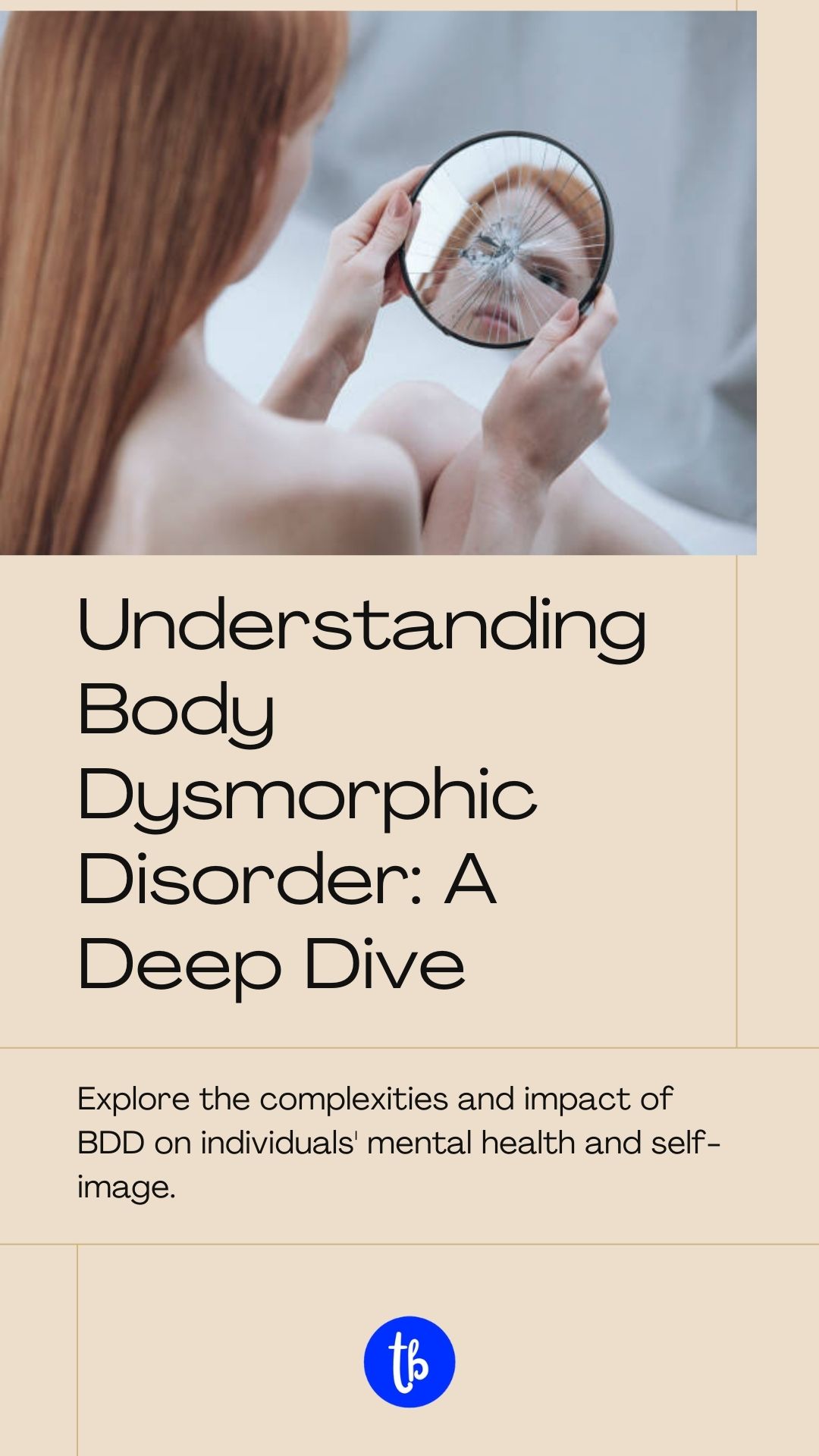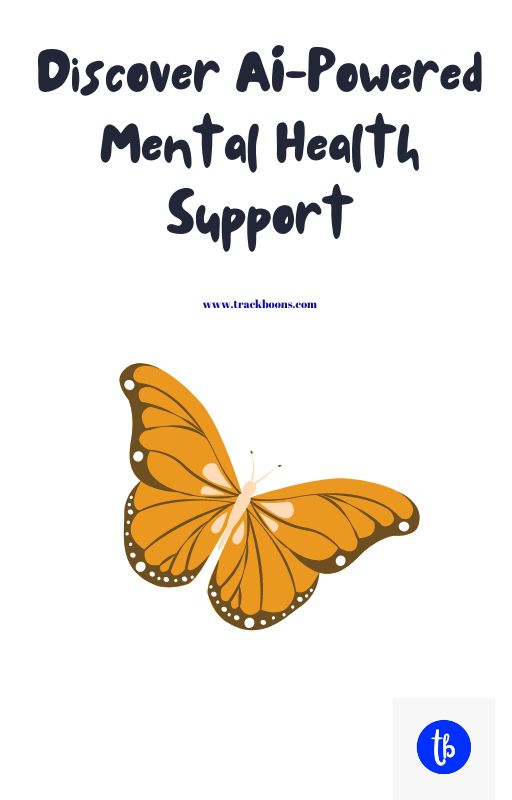Unveiling the Mysteries of the Mind: Essential Psychology Terminology

The human mind is a complex and fascinating phenomenon, and understanding its workings is crucial for anyone who interacts with others. Whether you're a psychology student, a therapist, or simply someone interested in self-improvement, knowing the key terminology is an invaluable asset.
This blog aims to provide you with a foundation of essential psychology terms, categorized into seven key areas:
1. Cognitive: This domain encompasses all mental processes involved in acquiring, processing, and utilizing information. Some key terms include:
- Cognition: The overall process of thinking, learning, and remembering.
- Consciousness: The state of awareness and responsiveness to your surroundings.
- Attention: The ability to focus on specific stimuli while ignoring others.
- Memory: The capacity to encode, store, retrieve, and manipulate information.
- Language: The system of communication used to convey ideas and thoughts.
2. Affective: This area explores emotions, moods, motivations, and stress. Some key terms include:
- Emotion: A complex feeling state accompanied by physiological, cognitive, and behavioral changes.
- Mood: A more general and sustained feeling state that is not directed at a specific object.
- Motivation: The internal drive that directs behavior towards a goal.
- Stress: The response to a physical or psychological demand that disrupts homeostasis.
- Coping: Strategies used to manage stress and its effects.
3. Behavioral: This domain focuses on observable and measurable behaviors, including learning, conditioning, and social interactions. Some key terms include:
- Behavior: Any observable and measurable action or response of an organism.
- Learning: A relatively permanent change in behavior or knowledge resulting from experience.
- Operant conditioning: A type of learning where the consequences of a behavior influence its future occurrence.
- Classical conditioning: A type of learning where a neutral stimulus is paired with a meaningful stimulus and eventually elicits a similar response.
- Social learning: Learning through observing and imitating the behavior of others.
4. Biological: This area explores the brain, nervous system, and the role they play in psychological processes. Some key terms include:
- Neurotransmitter: Chemical messengers that transmit signals between neurons.
- Neuron: The basic unit of the nervous system responsible for information processing.
- Synapse: The junction between two neurons where signal transmission occurs.
- Brain: The complex organ responsible for thought, emotion, behavior, and sensory perception.
- Genetics: The study of genes and their influence on our inherited characteristics.
5. Developmental: This domain focuses on the physical, cognitive, and social changes that occur throughout life, from infancy to old age. Some key terms include:
- Lifespan development: The study of how individuals change and grow throughout their entire lives.
- Attachment: The emotional bond formed between a child and their caregiver.
- Piaget's stages of cognitive development: A theory explaining how children's understanding of the world develops through different stages.
- Erikson's psychosocial stages of development: A theory outlining the eight major challenges individuals face throughout their lives.
- Moral development: The process of acquiring and refining one's understanding of right and wrong.
6. Social: This area explores how individuals think, feel, and behave within social contexts. Some key terms include:
- Social psychology: The study of how individuals are influenced by others and how they influence others in return.
- Social influence: The process by which individuals shape the thoughts, feelings, and behaviors of others.
- Group dynamics: The study of how groups form, function, and change over time.
- Social cognition: The way individuals process information and make sense of the social world.
- Social identity: The part of our self-concept that is based on our membership in social groups.
7. Personality: This domain explores the unique patterns of thoughts, feelings, and behaviors that define an individual. Some key terms include:
- Personality: The distinctive and relatively stable characteristics that define an individual's thought, emotions, and behavior.
- Trait: A specific and relatively enduring characteristic that influences an individual's behavior across different situations.
- Big Five personality traits: Openness, Conscientiousness, Extraversion, Agreeableness, and Neuroticism (OCEAN), which are considered to be the most fundamental dimensions of personality.
This blog provides a starting point for exploring the vast and fascinating world of psychology. By learning these essential terms, you'll be well on your way to understanding the complexities of the human mind and how it shapes our thoughts, feelings, and behaviors.
Leave a Comment
Comment Section
Related Blogs



